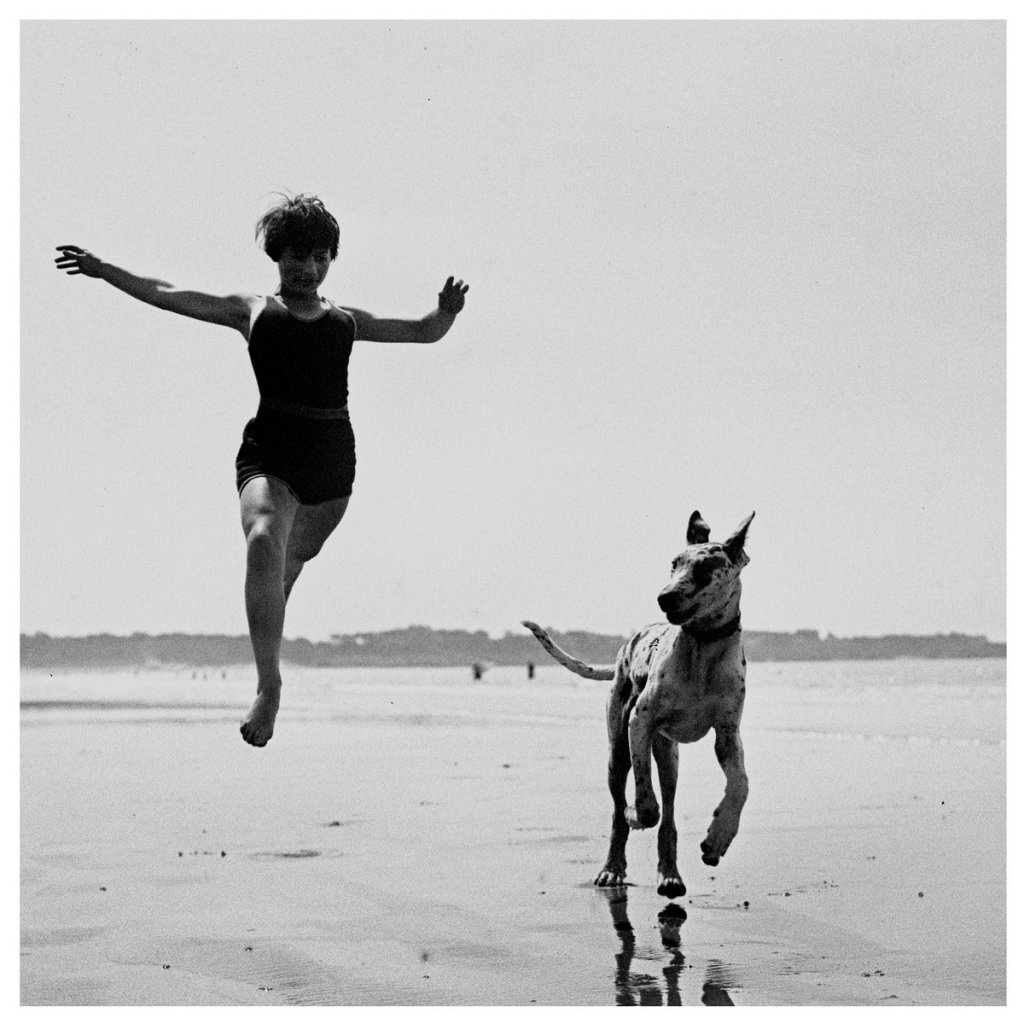
Good Morning to you! You are tuned into the text of Jacob Braybrooke, as we ready ourselves for yet another daily track on the blog, since it’s always been my day-to-day pleasure to write up about a different piece of music every day! Music you may have missed from last year headlines the page today, and it comes your way from an Ottawa-based Canadian experimental electronic dance music duo known for blending Ethnotronica, Moombahton, Reggae and the ‘Brostep’ term of post 2000’s Dubstep with elements of First Nations music, particularly known for their vocal chanting and high-speed drumming – and their name is The Halluci Nation. It wasn’t always that way, however, as the band used to be titled A Tribe Called RED, a homage to the legendary Hip-Hop group A Tribe Called Quest. Last year, however, they decided to scrap their old alias in light of “as we move into this next phase of our evolution, we also find it necessary to remember our past”, in their own words. Now a duo comprised of Tim Hill and Ethren Thomas, their name is a phrase borrowed from activist/artist John Trundell to “describe the vast global community of people who remember at their core what it means to be human”, in Trundell’s quote. The group describe their own style of music as a “Stadium Pow-Wow” sound, which is a style of contemporary club music for urban First Nations (A society of Canadian indigenous people who are classified distinctly from the Metis and Inuit groups). My first experience with The Halluci Nation was hearing their stellar third album, ‘We Are The Halluci Nation’, released in 2016. The follow-up, ‘One More Saturday Night’, was self-released last July, which finds the duo collaborating with the likes of Black Bear, The Beat and Northern Voice – some of which they have frequently recorded material with before. The band’s latest album pays tribute to the Electric Pow-Wow gatherings at Ontario’s Babylon nightclub the group ran between 2007 and 2017. Hear more about their change of identity below and skip to 1:05 to hear the new track ‘It’s Over’ below.
“We wanted to pay homage to the Electric Pow Wow and wrap that whole decade of the experience up and close the cycle, and in doing so give direct co-ordinates of where the future was headed. In a nutshell, that’s what this album is about”, says co-founder Ehren “Bear Witness” Thomas in a press release, explaining, “We just wanted to make a party record, as well, one that people could dance to while still having the strong message we are known for”, about the planning and recording behind the record. Going for a more psychedelic take on their older material, Hill and Thomas combine stretched samples of vocal chants performed by Chippewa Travellers with EDM-inflicted Dubstep to explore the memories of the club nights that brought their Canadian community of indigenous people together back in the 2000’s, but the ferocious pace of the brisk Drums also imply a regret concerning the abrupt disbandment of the Babylon nightclub’s scenes. Some fragmented Synth effects are sprinkled throughout the song that evokes the vibrant nostalgia and anti-colonialism surrounding the club nights. Meanwhile, the driving melodies of the instrumentation are there to remind you that it is a positive dance record, as their signature style of moulding Septia-toned vocals from Chippewa Travellers together with visceral drum and bass melodies that set things into motion with a commanding Bassline, while the trickling Trap snares and the some declarative EDM drums that gradually incorporate reverb-drenched Dub and righteous vocal chants into the equation. ‘It’s Over’ suffers from repetition a little, but it does a fantastic job of spreading the message that forms the emotive core of the album that breathes new life into a memory or dream that settler colonialism and its extractive violence have attempted to erase, and ‘It’s Over’ provides a club-heavy but contemplative moment that gives the affirmations and goals of The Halluci Nation a reasonable amount of space to take root, as the band continue to cement themselves as one that needs to exist to serve the social purpose.

I have previously shined a small spotlight on The Halluci Nation before their rebranding, with a detailed post about another track that aims to get more indigenous people represented in the media. Find out more about ‘The OG’ here: https://onetrackatatime.home.blog/2020/01/13/todays-track-a-tribe-called-red-feat-black-bear-the-og/

That’s everything I’ve got lined up for you today! I’m still working on my year-end Albums list of 2021 and it is coming soon. In the meantime, thanks for checking out my latest post, and I’ll be back tomorrow to get you re-acquainted with a Grammy-nominated Texas-born Jazz artist and a Houston trio who host the ‘AirKhruang’ radio show on Facebook Live and NTS Radio. They will be releasing a direct sequel to their earlier collaborative EP ‘Texas Sun’ on 18th February through the Dead Oceans label.
Connect with One Track At A Time:




























